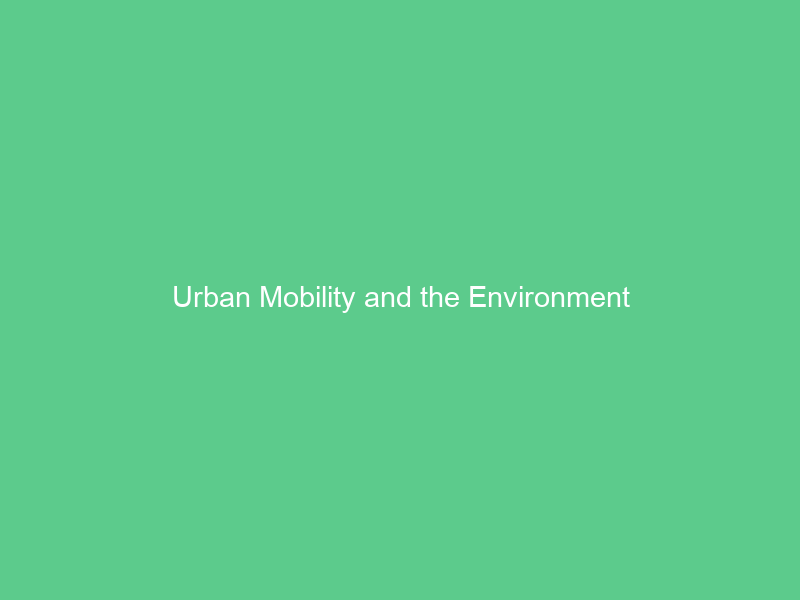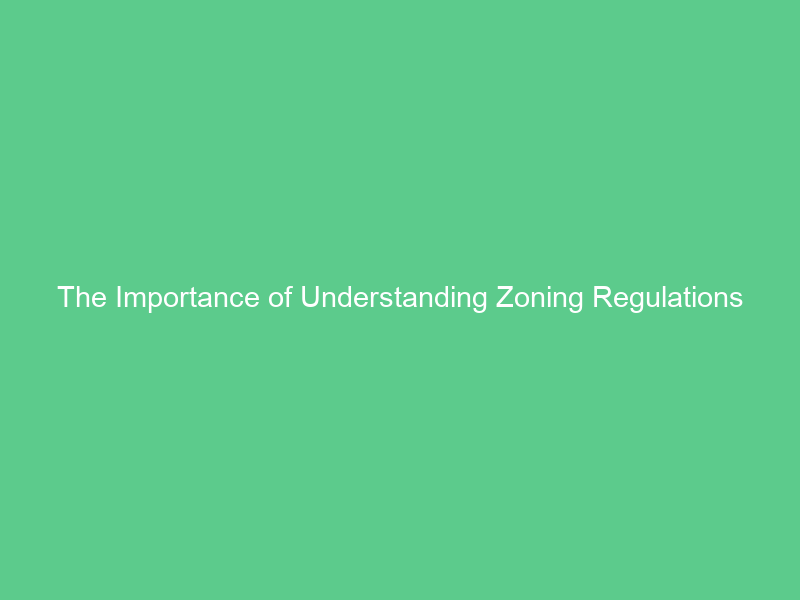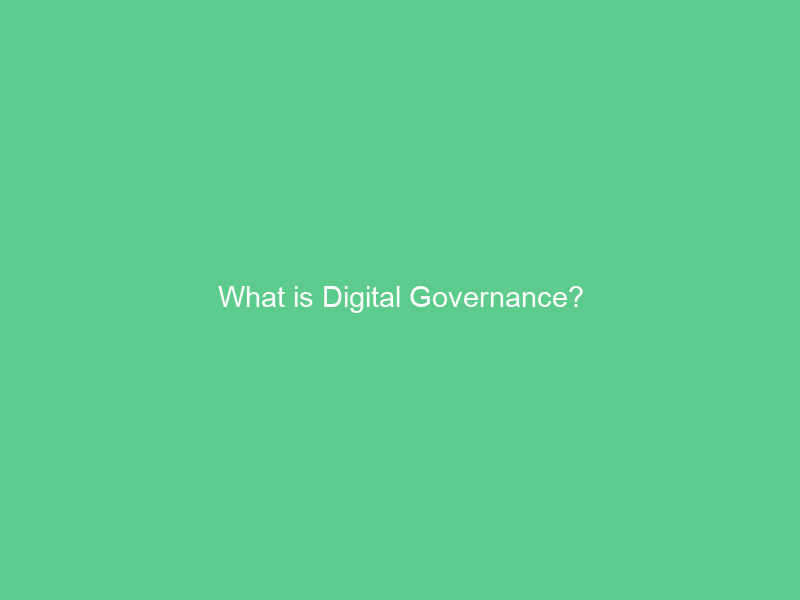-

Urban Mobility and the Environment
Urban mobility is integral to both social and economic wellbeing of cities; yet it also represents one of the key sources of environmental impacts. The widespread adoption of automobiles…
-

5 Critical Roles for Energy Storage
Energy storage is an integral component of increasing renewable energy sources and supporting net-zero goals. It serves multiple important roles, including reducing end user demand charges associated with utility…
-

The Importance of Understanding Zoning Regulations
Zoning regulations vary by region, but can cover everything from how many parking spaces must accompany new residential developments to landscaping requirements for a development to which type of…
-

The Importance of Land Use Planning
Land use planning is an essential process that involves examining land and making preparations for future development. Land use planning also ensures that communities have various housing options available…
-

What is Digital Governance?
Digital governance refers to the process of assuring that digital technology meets and supports an organization’s business processes, through setting clear governance procedures and encouraging responsible leadership. Digital governance…
-

Best Practices for Community Engagement
Community engagement encompasses an array of activities and best practices designed to connect communities and organizations, build trust, and foster lasting relationships. This section includes information on assessing impact,…
-

Carbon Capture and Storage
Carbon Capture and Storage (CCS) is an energy technology designed to reduce CO2 emissions from power plants as well as industrial processes like cement production or steel production, offering…
-

The Benefits of Electric Vehicles (EVs)
Electric vehicles (EVs) offer a more relaxing driving experience than diesel and petrol vehicles, with far fewer controls for drivers to worry about and more space to enjoy the…
-

What Is Energy Policy?
Energy policy refers to a set of strategies and measures intended to guide energy production, consumption and conservation with the ultimate aim of supporting sustainable development on an inhabitable…
-

Climate Change Mitigation
Climate Change Mitigation refers to any efforts taken to decrease greenhouse gas levels in the atmosphere, including switching to renewable energy, cutting consumption and expanding carbon sinks. We must…
